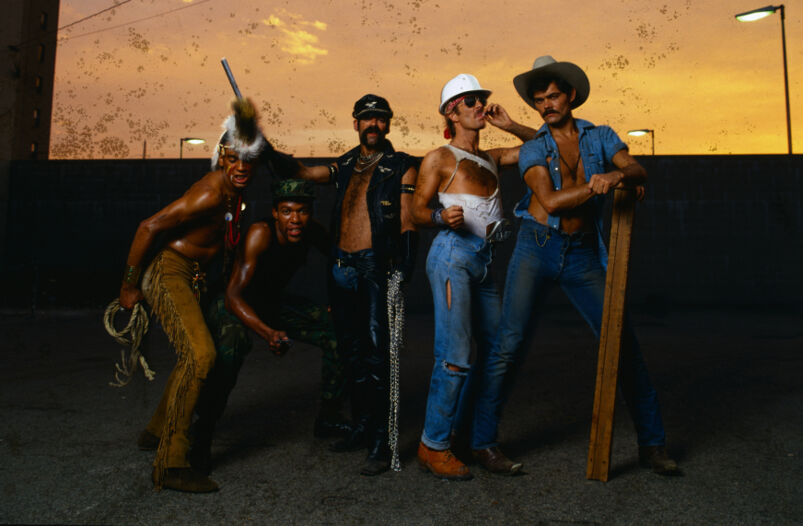
Back in the 1970s, disco emerged from the underground and found its way into mainstream culture, topping charts and making global stars out of artists like Donna Summer, ABBA, and The Village People.
But with the rise of disco came the inevitable backlash, as some folks dismissed the genre as all flash and glamor, offering little substance.
This long-simmering culture clash symbolically came to a head one hot summer night in Chicago, 1979—fittingly, near the end of the decade that will forever be associated with disco’s dominance.
Known as Disco Demolition Night, the event saw thousands of the genre’s detractors ascend on the White Sox stadium where a crate filled with disco records was detonated, leading to a riot on the field.
One of the main organizers was local DJ Steve Dahl, who lost his radio job when his rock station converted to all-disco to cater to the music’s growing popularity. His call-to-arms inspired plenty of listeners to turn up to the event—the overwhelming majority of whom were straight and white.
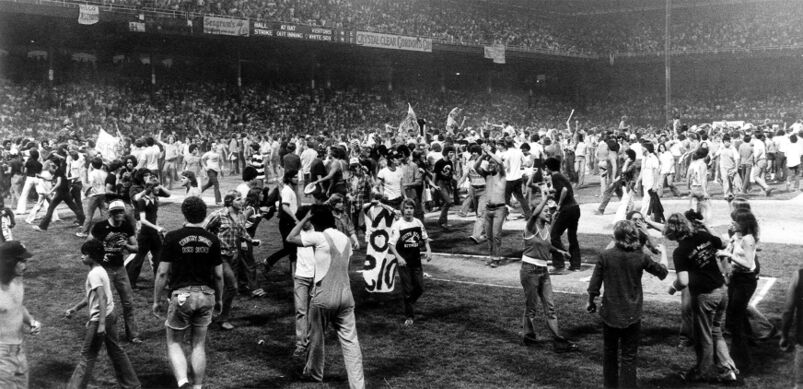
Given disco’s roots in Black and queer spaces, it’s not hard to read the event as one fueled by thinly veiled racism and homophobia. This wasn’t just pushback to a genre of music, but pushback to social movements over the past few decades that finally brought marginalized voices to the forefront.
But it’s also worth noting that not everything at Disco Demolition Night was that deliberate—at that point in time, many of attendees weren’t even aware of disco’s origins. So what could’ve compelled them to be part of such a violent display of personal taste? And what does it have to say about our modern understanding of “culture wars”?
A new PBS documentary The War On Disco delves into the forces, implicit and explicit, that led to that (literally) explosive night in Chicago, and explores its connection to the ideological battles our society is fighting today.
Related:
LISTEN: The Village People’s mobile anthem to safe sex
At the height of the HIV/AIDS epidemic, the Village People gave phone sex a big endorsement with 1985’s “Sex Over the Phone.”
“It was one of those events that was an early skirmish in the now-familiar ‘culture wars,’ even if we weren’t calling it that at the time,” says the documentary’s executive producer Cameo George.
“What seemed like a simple grudge between those who loved disco and those who loved rock was in many ways a larger, more pointed response to the rapid shift in cultural, demographic and economic patterns that were coming to a head in the 1970s and are still causing friction in America today.”
The latest chapter of the “American Experience” history series, The War On Disco premieres Monday, October 30 on PBS, and will be available via Amazon Prime Video the following day.
You can preview the first 10 minutes of the documentary below:
Related:
25 reasons why ABBA is one of the greatest, gayest bands of all time
For nearly five decades, we’ve been rushing to the dance floor the moment we hear the opening synths of an ABBA hit.

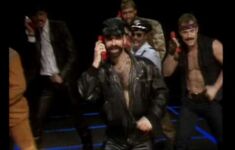
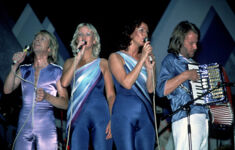
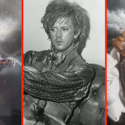

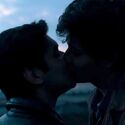
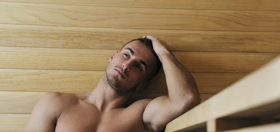

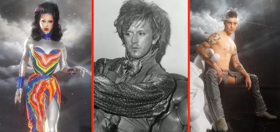
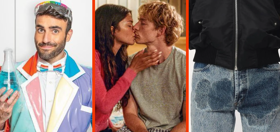

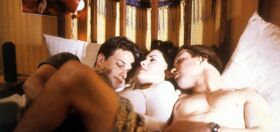
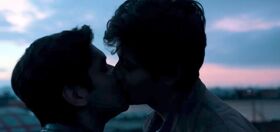





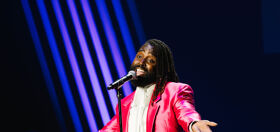

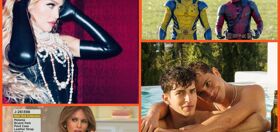
Baron Wiseman
Enjoyed the first ten minutes.
As a young (future gay) boy who grew up in the Midwest, disco was not seen through a racial or sexual orientation lense. This was about people who wanted to dance as opposed to people who wanted to rock on.
I remember my first school dance in junior high. I was taking a cheerleader and specifically went to see my friend’s sister so she could teach me some disco dances. Disco music may have changed with time, but dance music never stopped.
Jaesly
I was living in Chicago and it was definitely driven more by racism than homophobia. The rock fans brought records by Black artists, even if those artists weren’t by any stretch of the imagination disco artists.
Joshooeerr
I still don’t get why classic 70s disco is still reviled in some quarters, yet the unbelievably dull dance music that it morphed into is somehow oh-so-cool. Is it just the drugs?!
mildredspierce
I was 14 when the annual Fall Fair in the podunk town where I grew up in northern Ontario had a disco dance competition. The first thing I noticed was how high the heels were on the women. Then I noticed how my own ass was shaking to Last Dance. Disco was the music that fed my interest in pop.
dbmcvey
I remember when this happened, though I didn’t live near Chicago. But, for some time before that there had been both racist and homophobic attacks on disco. There was a report on the radio that disco turned men gay–it was a joke but a lot of people took it seriously. It was attacked using both racial and homophobic slurs.
DennisMpls
I’m looking forward to that documentary because the intensity of the backlash against disco being based on racism and homophobia was unknown to me until relatively recently. I grew up on rock, especially progressive and experimental rock. Disco was the antithesis of that, and I did indeed see it as shallow and lacking in any musicality that I could respond to. I utterly despised it for taking over the mainstream from the music that informed my life. I was happy when punk started to take over, and disco began to subside. I CELEBRATED Disco Demolition Night. How could anyone with a brain listen to that sh*t, I thought.
I thought all that as a gay boy who reveled in progressive politics, civil rights, gay liberation, etc. I had no idea of the gay and Black connection to disco. Tom Robinson and bands I suspected to have gay members (or who supported gay liberation) were heroes, as were rockers and/or blues artists like Hendrix, John Lee Hooker, and some jazz, like Miles Davis. Disco was just a cheap, simplistic “dance” music that was destroying the music I loved.
As the internet began to expose me to a wider diversity of thought I started to see comments about what disco represented to others. I still wonder if the premise that the backlash was based mostly on racism and homophobica is overstated. The documentary may enlighten me. As an aside, FWIW, in recent years I have found myself beginning to like and appreciate some of the disco classics.
monty clift
It’s crazy because those demolition dolts would have been criticized just a few years earlier for having long hair, sideburns, and wearing flamboyant clothes for listening to rock n roll music, which was popularized originally by gay and black artists. They’re destroying the culture that they vultured off of.
JessPH
What they resist will persist.
Disco and Gays shall live forever.
Karlis
Carol’s Speakeasy on Wells Street in Chicago in the late 1970s. Best. Dance. Music. EVER!